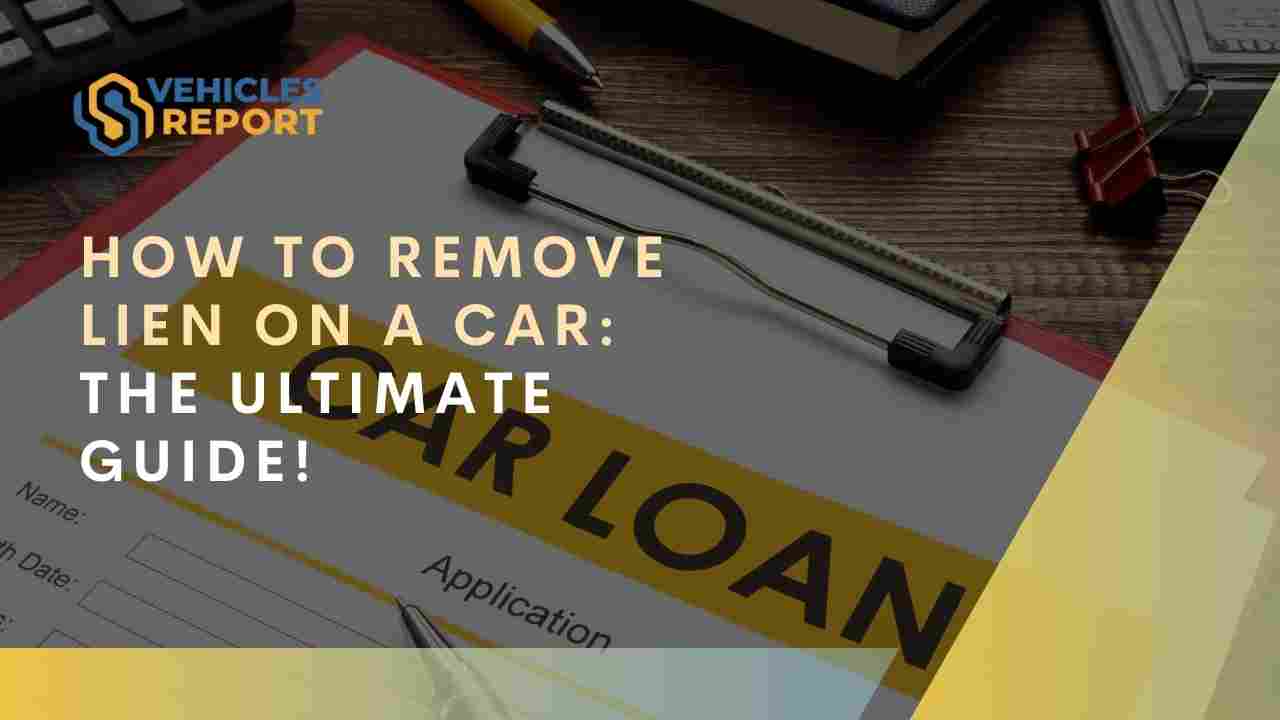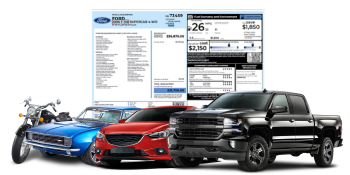When buying a car, many people feel both excited for their new rides. However, they are certainly also anxious about whether they have everything they’d need to do so.
They want to ensure they have everything needed for a smooth transaction. However, forgetting essential documents can lead to frustration and delays.
To make your car-buying experience go smoothly, preparing ahead of time is important. This guide will help you understand what to bring when visiting a dealership.
New Car Purchase Checklist
Being prepared makes all the difference when you walk into a dealership. Here’s a closer look at the documents you need to have with you when you go for a used or new vehicle purchase:
Driver’s License
First and foremost, bring your valid driver’s license. This document shows that you’re legally allowed to drive. Dealerships need to verify your identity before they can sell you a car, so expect to be asked for it before you can test drive any vehicle.
Make sure your license is current and not expired. If you have a temporary permit, it’s best to check with the dealership first to see if they’ll accept it.
Proof of Insurance
Next up is proof of insurance. You’ll need this before you can drive your new car off the lot. Dealerships often require that you show you have coverage. If you already have a policy, you will have to contact your insurance company to add the new vehicle. After this, present your insurance card or a digital copy.
If you haven’t arranged insurance yet, you might want to call your provider to set it up. This way, you won’t have to delay your purchase.
Form of Payment
Another thing to consider is the form of payment you would prefer to use. There are several payment options available – check, cash, or loans. You just need to pick the most comfortable option for yourself. If you’re financing, have your pre-approval letter handy. This document shows the dealership you’re serious and ready to buy.
If you plan to pay in cash, bring cash or a certified check to the dealership. Most dealerships accept credit and debit cards but make sure to double-check to avoid surprises. You don’t necessarily need to have the payment in hand when you start the car-buying process, but it has to be ready when it’s time for payment.
Recent Pay Stubs
If you’re financing the car, bring recent pay stubs. These documents prove your income and show you can afford the monthly payments. Dealerships want to ensure that you can manage your financing. Bring two or three pay stubs, if possible, to make your case stronger. This small step can ease the financing process.
Recent Utility Bills
Utility bills are another document you need. They serve as proof of your current address. Many dealerships ask for this document, especially if your driver’s license has an old address.
With utility bills, dealers can confirm where you live easily. Bring a bill from the last month or two and make sure these documents have your account number just in case they need to verify the information with the utility company.
Credit Score and History
Check your credit score before heading to the dealership because it significantly affects your financing options and the interest rates you get. A higher score means better interest rates.
While they can pull this information, knowing your score puts you in a better position to negotiate than if you didn’t. Bring any relevant documentation if you’re concerned about your credit history.
Discount Information
Don’t forget about any discounts you might qualify for. If you’re a member of an organization, you could save some money. Dealerships sometimes offer discounts for military members, students, or first responders. Bring any relevant documents that prove your eligibility. These small savings can add up.
Vehicle Registration and Title (if trading in)
If you’re trading in a vehicle, bring its registration and title. The dealership needs these documents to process the trade-in smoothly. If you owe money on your trade-in, also bring the loan account number.
List of References (if necessary)
If you have concerns about your credit score, prepare a list of personal references who can vouch for you. Include their contact information and relationship to you. This step may help in securing financing.
Additional Documents
Consider bringing any service records for your trade-in vehicle. This information can provide insight into how well you’ve maintained the car over time.
In addition to these documents, remember to stay organized. Use a folder or envelope to keep everything together so you can easily access what you need at the dealership.
Tips for a Smooth Car Purchase
Knowing what to expect during the whole car-buying process and having everything in order can save you time, money, and stress. Here are some essential tips to help you pick the best new or used vehicle on the market:
- Do your research: Understand the market value of the car you want. Use resources like Kelley Blue Book or Edmunds to compare prices.
- Set a budget: Know how much you can afford, including monthly payments, insurance, and maintenance costs.
- Get pre-approved for financing: Secure pre-approval from your bank or credit union to streamline the financing process and strengthen your negotiating position.
- Check your credit score: A higher credit score can lead to better financing options. Obtain your credit report before visiting dealerships.
- Prepare necessary documents: Bring your driver’s license, proof of insurance, recent pay stubs, and any relevant financial documents.
- Inspect the vehicle: If buying used car, consider getting a mechanic to inspect the car for any hidden issues.
- View window sticker: Get a window sticker with the VIN to view specifications, standard and optional equipment, fuel economy, and all features of the vehicle.
- Negotiate confidently: Don’t hesitate to negotiate the price. Know the fair market value and be prepared to walk away if necessary.
- Consider trade-in value: If you have a vehicle to trade in, research its value ahead of time. Bring the title and registration for a smooth transaction.
- Plan for insurance: Get a quote for insurance on the new vehicle before purchase. Factor this into your budget.
- Stay organized: Keep all documents in one place. This will help you stay focused during the buying process.
Following these tips can help ensure a smooth car-buying experience, whether you’re looking for a new or used vehicle.
Conclusion
Being prepared makes a huge difference when buying a car. Bring your driver’s license, proof of insurance, and form of payment. Recent pay stubs and utility bills can strengthen your position. Know your credit score and any discounts you may qualify for. With these items in hand, you’ll feel more confident at the dealership.
If you want to learn more about your new car’s features and trim, check out the Window Sticker for a detailed overview. If you’re curious about the details of a classic or vintage vehicle, look up Build Sheets by VIN.









